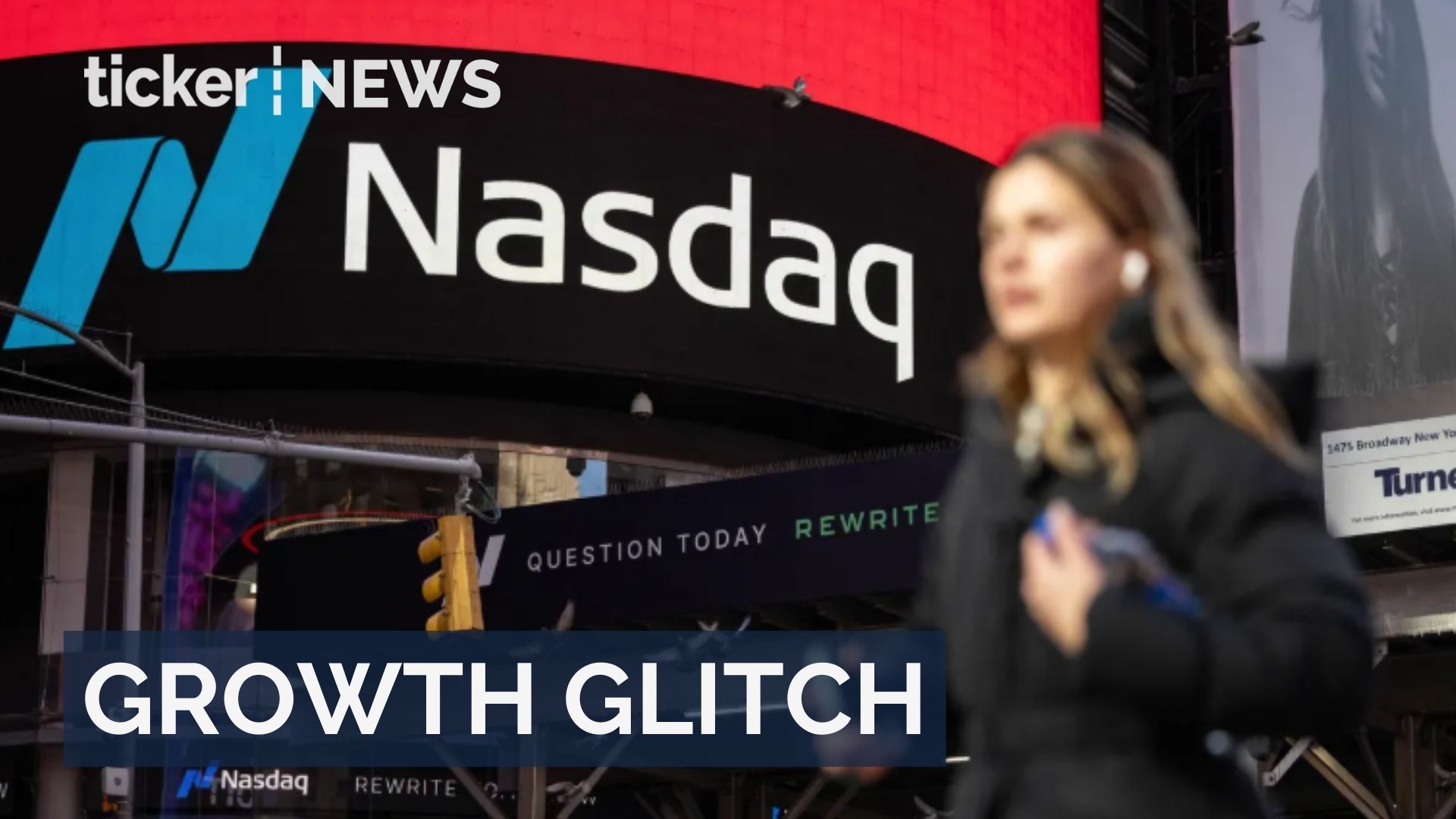Money
Cashflow crisis for millions as credit cards become lifeline

Money
Tech stocks slide as investors rotate into small-cap and value plays
Nasdaq drops 1.84% amid turbulent week; investors pivot to cyclical and value sectors from high-growth tech.
Money
U.S. markets mixed as tech slumps and Fed moves spark uncertainty
Mixed US equity results as tech stocks drop; market uncertainty rises amid Fed Chair change. Join Steve Gopalan’s insights on FX trends.
Money
Tech stocks and Bitcoin tumble amid market uncertainty and rising job concerns
Wall Street plummets as tech stocks and Bitcoin fall, raising concerns about job market and economic stability.
-



 News3 days ago
News3 days agoU.S. ramps up Cuba aid as energy crisis deepens
-



 News5 days ago
News5 days agoAmazon launches AI tools to change film and television production
-



 Tech4 days ago
Tech4 days agoOpenAI and Anthropic launch faster, smarter AI tools for enterprise coding
-



 Shows5 days ago
Shows5 days agoAI in education: Transforming learning, challenges, and future skills
-



 News4 days ago
News4 days agoOil prices surge as U.S.-Iran tensions escalate
-



 Ticker Views5 days ago
Ticker Views5 days agoNine Entertainment buys QMS Media for $850 million as radio assets sold
-



 Shows5 days ago
Shows5 days agoAdrian Pozzo reflects on Cbus Property’s successes and future
-



 News4 days ago
News4 days agoSpaceX expands Starlink with phone plans and satellite tracking ambitions






